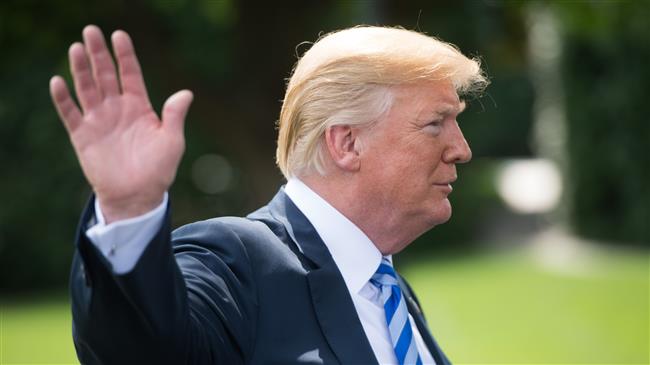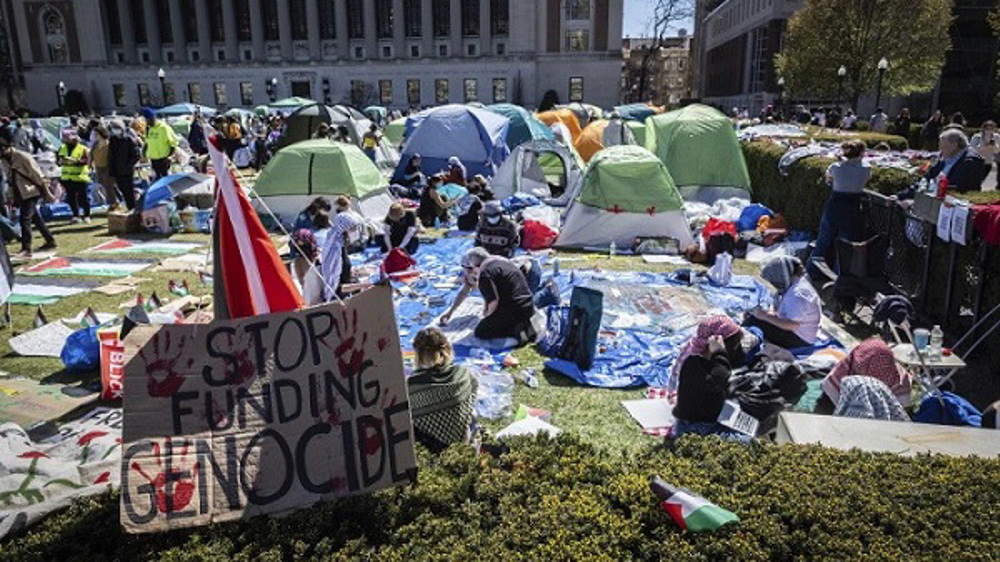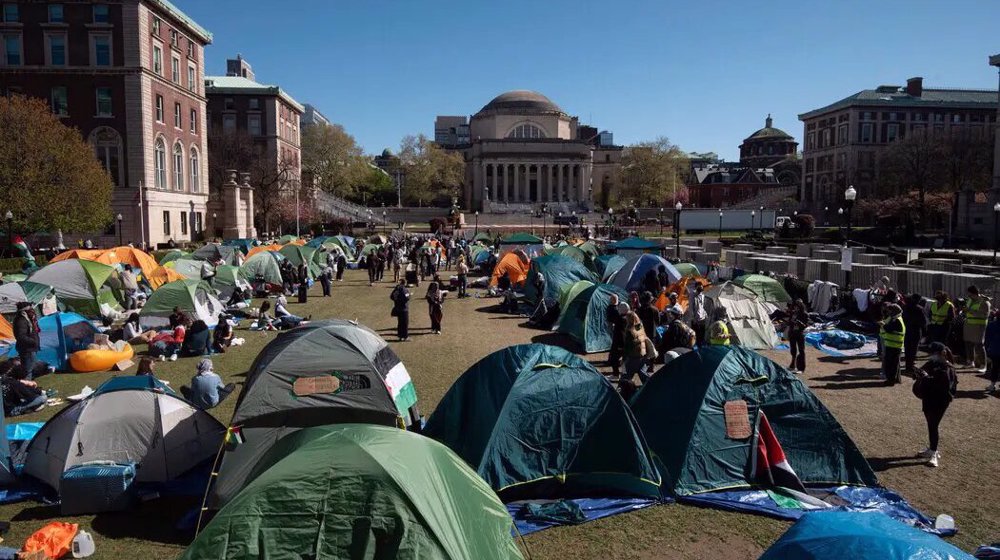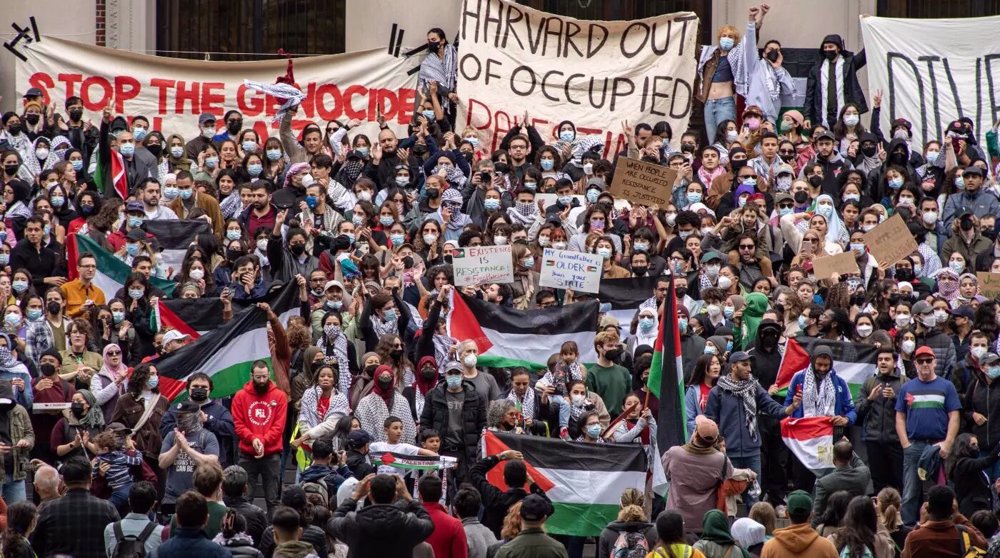Trump can use presidential pardon in Russia probe, but has no plan to: Giuliani
US President Donald Trump, under pressure from special counsel Robert Mueller's investigation into Russia's role in the 2016 US election, probably has the power to pardon himself but does not plan to do so, his attorney Rudy Giuliani said on Sunday.
Asked whether Trump has the power to give himself a pardon, Giuliani said, "He's not, but he probably does." Giuliani added that Trump "has no intention of pardoning himself," but that the US Constitution, which gives a president the authority to issue pardons, "doesn't say he can't."
Speaking on ABC's "This Week" program, Giuliani added, "It would be an open question. I think it would probably get answered by, gosh, that's what the Constitution says."
Mueller is investigating whether Russia meddled in the presidential election and whether Trump's campaign colluded with Moscow. Mueller, whose investigation already has led to criminal charges against Trump campaign aides including former campaign chairman Paul Manafort, is also looking into whether Trump unlawfully sought to obstruct the Russia investigation.
Both Russia and Trump deny collusion, and the president has denied obstructing the probe.
Giuliani noted that the political ramifications of a self-pardon could be severe. Giuliani told NBC's "Meet the Press with Chuck Todd" that "the president of the United States pardoning himself would just be unthinkable. And it would lead to probably an immediate impeachment."
Under the Constitution, a president can be impeached by the House of Representatives and then removed from office by the Senate.
The possibility of a self-pardon appeared to be raised in a January 29 letter from Trump's lawyers to Mueller, published by the New York Times on Saturday, arguing that the president could not have obstructed the probe given the powers granted to him by the Constitution.
"It remains our position that the President's actions here, by virtue of his position as the chief law enforcement officer, could neither constitutionally nor legally constitute obstruction because that would amount to him obstructing himself, and that he could, if he wished, terminate the inquiry, or even exercise his power to pardon if he so desired," Trump's lawyers wrote.
The letter did not explicitly describe the possibility of Trump pardoning himself.
Whether Trump may pardon himself is a matter of some debate.
A Justice Department memo dated four days before former President Richard Nixon resigned in 1974 during the Watergate political corruption scandal took the view that "under the fundamental rule that no one may be a judge in his own case, the President cannot pardon himself."
House Majority Leader Kevin McCarthy, a Republican, made clear he did not think Trump or any other president should pardon himself. "I don't think a president should pardon themselves," he told CNN's "State of the Union."
(Source: Reuters)
Yemeni forces strike US, Israeli vessels in fresh pro-Palestinian operations
‘Say no to Biden’: US college being pressed not to endorse genocide
VIDEO | UN: Alarming food insecurity crisis grips Afghanistan
VIDEO | Stuck in quagmire
UK suspends legal assessments of Israeli violations in Gaza
Students protest at US universities to urge end in financial ties to Israel
Biden signs war aid bill supplying Israel, Ukraine with more weapons
VIDEO | France, West warn Israel against escalation with Iran











 This makes it easy to access the Press TV website
This makes it easy to access the Press TV website